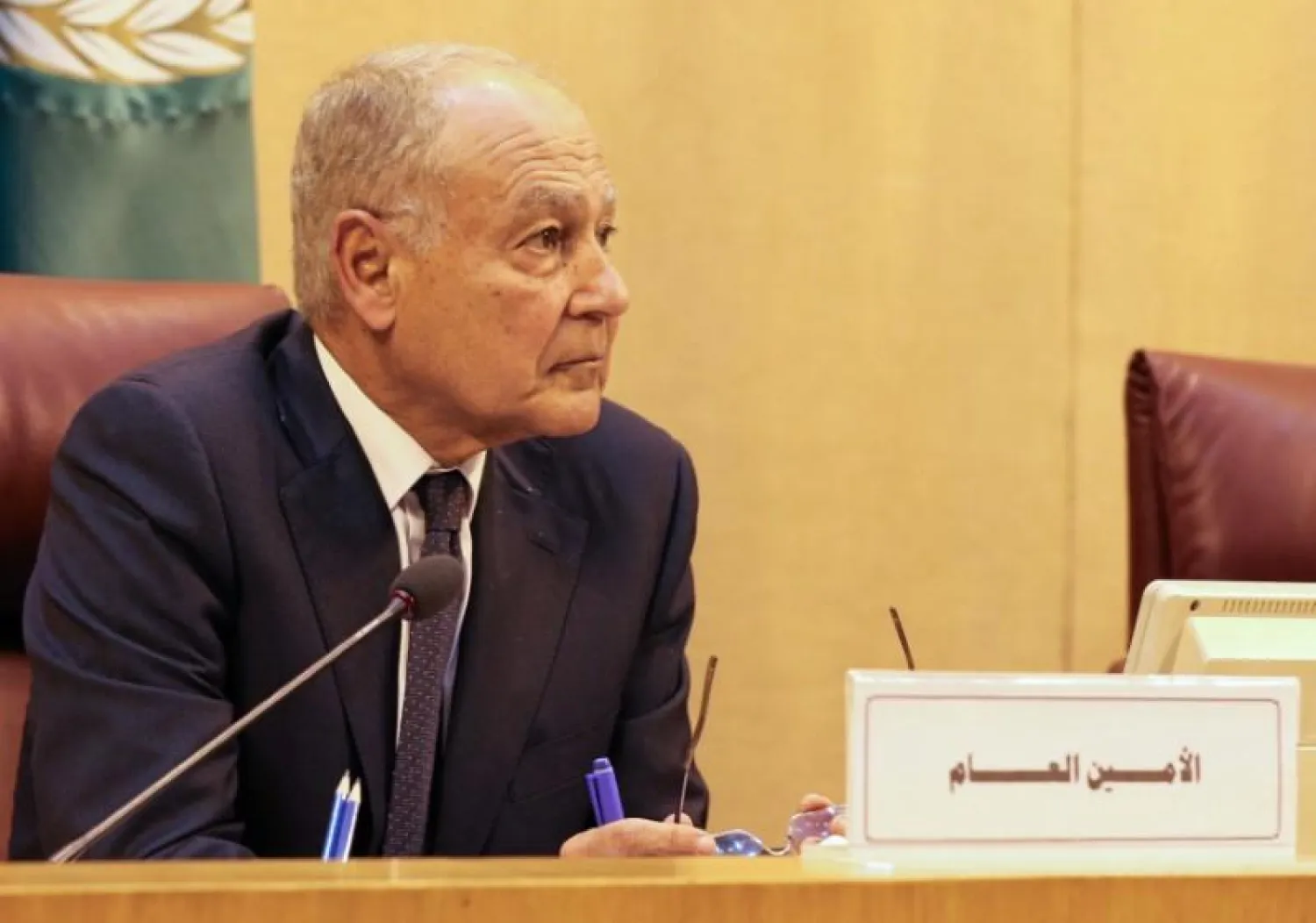The Arab Foreign Ministers’ Council, which convened in Cairo on Wednesday, emphasized the need for Syria’s unity but did not decide on its return to the Arab League in the upcoming summit in Tunis.
The Arab foreign ministers concluded their meeting by renewing previous resolutions on the importance of “preserving the unity and territorial integrity of Syria,” but Arab League Secretary General Ahmed Aboul Gheit said that the issue of Syria’s attendance at the Tunis summit was not discussed by the foreign ministers.
In a statement, the ministers affirmed their support of the efforts deployed by UN envoys to Libya, Yemen and Syria for a peaceful solution, as well as their backing of the “Sweden Agreement on the Yemeni file” and the need for the withdrawal of the Houthi militias from Hodeidah.
The Arab foreign ministers reiterated the “Arab positions in support of the Palestinian cause,” stressing that there would be no peace and stability without the establishment of a Palestinian state with East Jerusalem as its capital according to the two-state solution and the Arab Peace Initiative.
The statement added that the foreign ministers approved a “special resolution to support the Sudan and welcome President Omar al-Bashir’s declaration of 2019 as the year of peace and stability.” They also valued the efforts of the Sudanese government to promote peace, security and stability in the country based on the outputs of the national dialogue initiative.
Meanwhile, the Arab ministerial committee on Iran’s interventions denounced the “provocative statements” by Iranian officials against Arab countries. The committee includes Saudi Arabia, Egypt, the UAE and Bahrain, as well as Aboul Gheit.
At the conclusion of its meeting on Wednesday the committee expressed its “deep concern over Iranian sectarian incitement in Arab countries and its support of terrorist militias.”
The committee condemned the continuation of Iranian-made ballistic missile launches from within Yemeni territory towards Saudi Arabia, stressing the support for measures taken by the Kingdom and Bahrain to respond to such acts of aggression to protect their security and stability.









